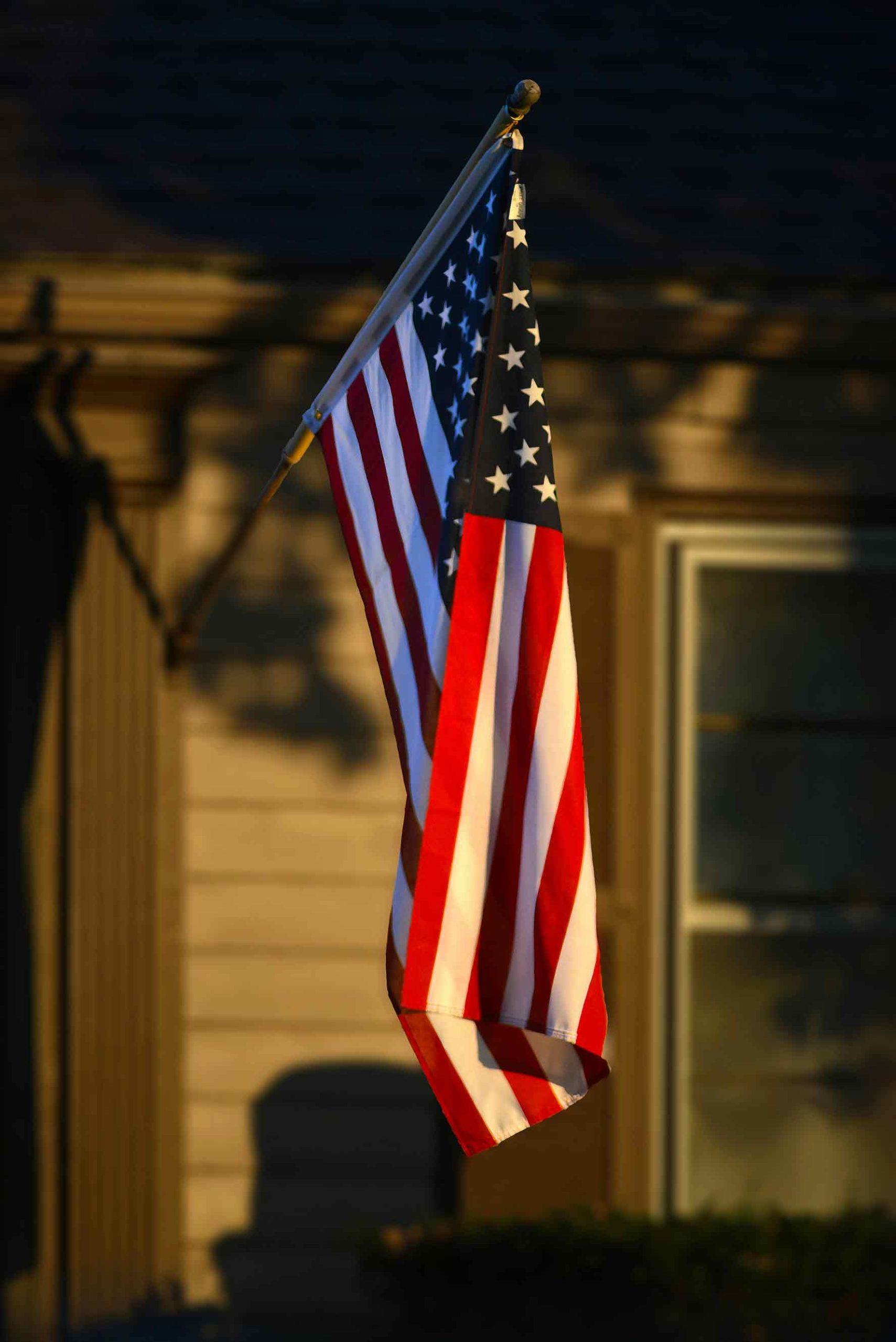Kansas casinos generate tens of millions annually – but where does this money actually go beyond the gaming floor? You might assume it simply flows to corporate shareholders or gets reinvested in flashier slot machines. The reality tells a different story entirely.
While many view sports betting online and casinos as purely entertainment venues, Kansas gaming establishments have evolved into significant community partners through mandatory revenue sharing, strategic educational partnerships, and targeted charitable initiatives.
And when offers are available in Missouri, Kansas residents might venture across state lines, but they’d be leaving behind an industry that’s quietly become one of their own communities’ most reliable financial supporters.
This isn’t corporate window dressing. It’s structured financial support that directly impacts local government budgets, educational programs, and social services across the state.

More Than Just House Money
What most people don’t know about gaming in Kansas is that 22% of all gaming revenue derived from casinos goes right to the state’s funds. That’s not a choice, but required by law. And there’s an additional 2% that goes straight to the Problem Gambling & Addictions Grant Fund.
This meant for fiscal year 2024, $8.2 million diverted from casinos went to support addiction treatment programs that are then distributed to counties and cities across Kansas. That’s real money, going to address real problems in communities all over Kansas.
But the state isn’t the only beneficiary. Crawford County, Cherokee County, and the City of Pittsburg each receive 1% of Kansas Crossing Casino’s gaming revenue. This creates predictable income streams that local governments can actually budget around – something many municipalities struggle with in today’s uncertain economic climate.
Think about what that means for a small city’s annual planning. Instead of hoping for federal grants or raising taxes, they’ve got guaranteed casino revenue coming in year after year.
Also Read: Is Kansas a Good Place to Retire In?
Multi-Million Dollar Workforce Investments
While mandatory contributions provide the foundation, Kansas casinos extend their community impact through voluntary partnerships that address specific regional needs. And they’re thinking long-term.
Kansas Crossing Casino committed over $4.5 million across 10 years for three major partnerships focused on workforce development, education, and tourism in Southeast Kansas. The Southeast Kansas Career and Technical Education Center alone receives at least $400,000 annually for 10 years.
This funding covers student fees, supplies, and skilled trade classroom construction. We’re talking about programs that include CNA certification and culinary arts training – the kinds of skills that lead directly to employment in the region.
It’s strategic community investment disguised as charity. These casinos understand that a skilled local workforce benefits everyone, including their own operations.
Rolling the Dice on Charity
Beyond long-term educational investments, Kansas casinos, including sports betting, provide immediate charitable support through direct donations and community campaigns. The numbers here might surprise you.
Recent examples paint a clear picture of focused giving:
- Prairie Band Casino raised $8,805 for the Philip Billard VFW Post #1650 through TITO charity boxes
- Bally’s Kansas City contributed $3,100 for Veterans Community Project and $3,000 to Assistance League
- Harrah’s Kansas City donated $133,073 to local charities supporting nearly 30 organizations
- Argosy Casino provides approximately $40,000 annually to Miles of Smiles dental program
That last one’s particularly telling. Miles of Smiles treats 3,000 children annually with casino funding, covering essential supplies like toothbrushes, toothpaste, and filling materials for kids who might not otherwise receive dental care.
Veterans receive particular attention from Kansas gaming establishments. There’s something fitting about an industry often associated with risk-taking stepping up to support those who took the ultimate risks for their country. When you’re looking for the best local businesses and services across Kansas, it’s worth noting that casinos have become significant contributors to the communities they serve.
The Economic Multiplier Effect
These charitable donations complement larger scale economic development that goes beyond the immediate contributions they make. Research by the Federal Reserve on economic development suggests that when casinos are introduced correctly into the fabric of a local economy they can create substantial regional employment.
The referencing studies note similar operations created over 1,640 permanent jobs with wage and salary earnings over $58 million annually. For smaller communities, gaming revenue can comprise up to 25% of a city’s total revenue – enabling infrastructure projects that would otherwise be impossible.
Kansas has also built in safeguards. Problem gambling support operates through a helpline at 1-800-522-4700, and voluntary exclusion programs let individuals restrict their own access to gaming facilities while receiving treatment resources.
The systematic approach requires organizations seeking support to maintain 501(c)(3) status and submit requests at least 30 days in advance. This ensures casino contributions go to established charities with demonstrated community impact rather than questionable causes.
And honestly? That level of structure makes sense. When you’re dealing with millions in community funding, you want processes that ensure the money goes where it’ll do the most good.
Also Read: How To Simplify & Fasten Your Business Order-to-Cash Process?
The House Always Wins – But So Do Kansas Communities
Here’s what strikes me most about Kansas casino community support: it challenges the common perception that casinos only extract value from communities. The required revenue sharing regulations give guarantee of community involvement, while typical voluntary donating by corporations does not provide that same level of determination.
Kansas has developed a path toward a model where gaming entertainment and bettering community infrastructure can work in tandem. For the resident that plays the odds, their community benefits, regardless of winning or losing, because the community benefits through education spending, charitable contributions and economic development leading to community impact.
The guaranteed, longer-term nature of these revenues allow Kansas communities to count on casions for resource planning, workforce development or, social services. That’s a significant shift from hoping corporate donors will continue their generosity year after year.
The house might always win mathematically. But in Kansas, the communities are winning too.
